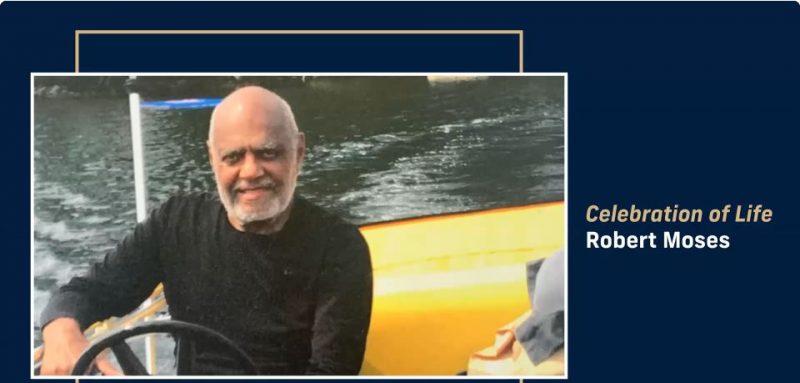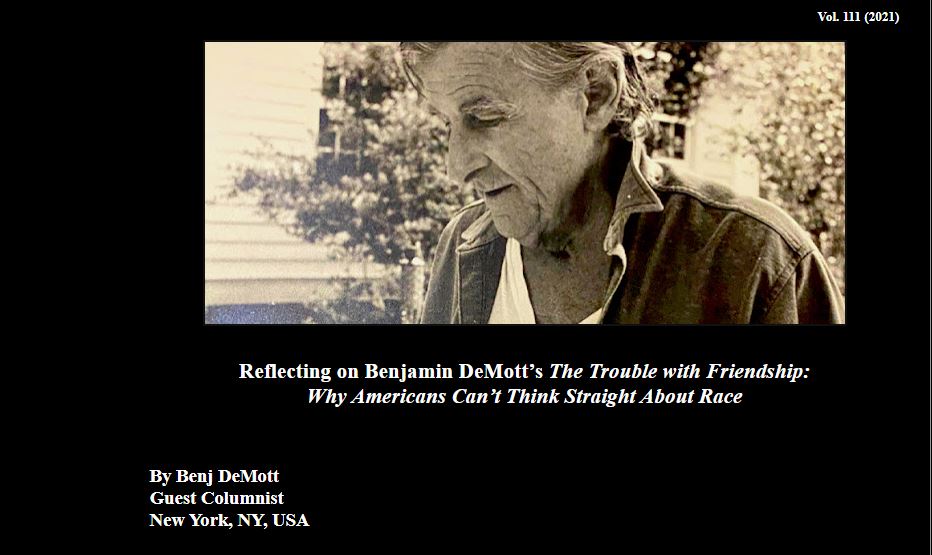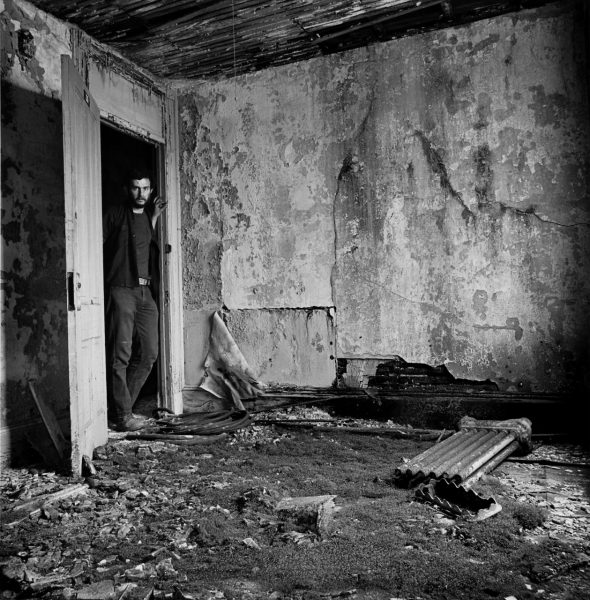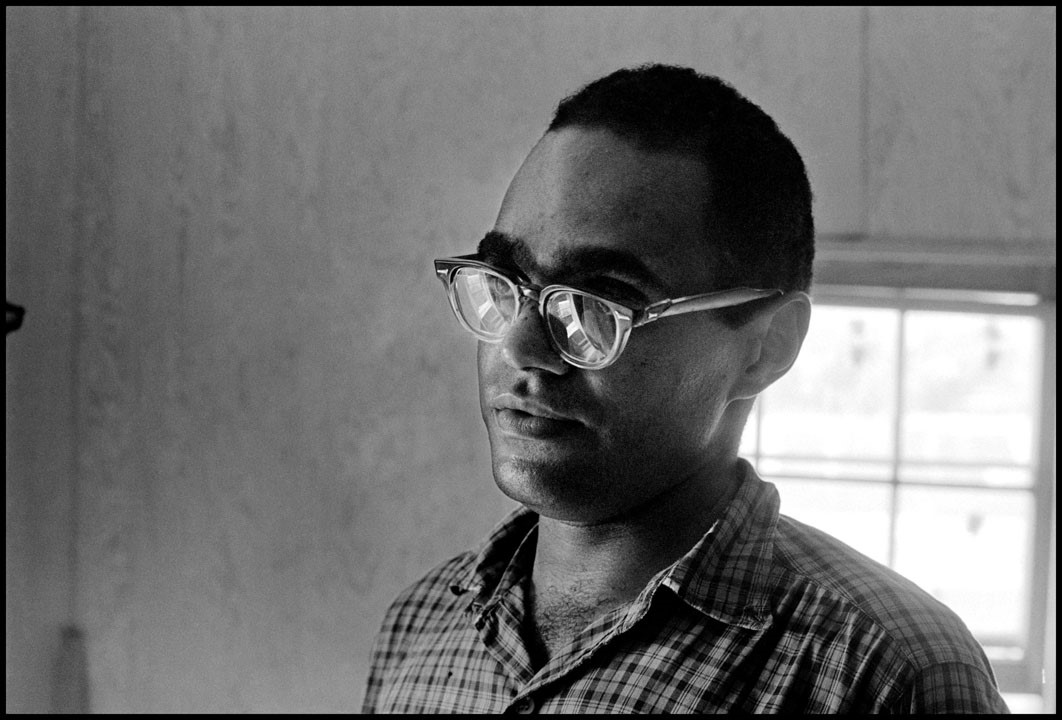The first photograph I remembered showing the Taliban at work actually dated to the Soviet occupation. It showed a victim of the mujahedin, a woman in a burqa lying on the ground with a caption explaining that she had been shot to death for teaching girls to read. I think my mistake came from later reading about such killings by the Taliban. One of the more horrific newspaper anecdotes I can remember about the Taliban was very recently repeated, probably in either the Times or the Washington Post, by a reporter apparently once as startled by it as I was—it related Taliban amputating the finger tip of a woman who’d applied nail polish. The most memorable internet-viewable home video showed a middle-aged man identified as a member of the Taliban morals police repeatedly beating a woman in a burqa with a leather paddle, the woman screaming, and her screams translated in the subtitles as something like “Just kill me”. The relatively frequent news stories about the forced marriage of quite young girls to Taliban fighters were much more common, also arguably worse, so it is presumably the rarity of the video, perhaps surreptitiously recorded on an early smart phone, that made it stick in my mind.
Bridges to Misogynists
A graph in a recent Times op-ed by an apologist for China’s rulers summed up their party-line takeaway from an American defeat:
Afghanistan has long been considered a graveyard for conquerors — Alexander the Great, the British Empire, the Soviet Union and now the United States. Now China enters — armed not with bombs but construction blueprints, and a chance to prove the curse can be broken.
Slumbering Ghazal
Skipping down childhood’s street in a dream.
Two teams of angels compete in a dream.
Returning to “Normal” in Education is Not Good Enough
The late Bob Moses’ last word on overcoming caste in the classroom was posthumously published here by “The Imprint” online news magazine on August 24th. His comrades at the Algebra Project have asked everyone who has kept up with the AP and Moses’ post-SNCC work to help them expand the readership for his final testament.
They are encouraging the use of the following hashtags to help circulate Moses’ Call to the nation:
#bobmoses
#algebraproject
#qualityeducationasacivilright
#mathliteracyforall
#SNCClegacyproject
#youngpeoplesproject
#southerninitiativealgebraproject
#OSUMathLiteracyInitiative
#BaltimoreAlgebraProject
#FloridaLocalAllianceForMathLiteracyAndEquity
#WeThePeopleMathLiteracyForAllAlliance
Here are online coordinates for the Algebra Project:
http://www.algebra.org
https://www.facebook.com/pages/The-Algebra-Project/154755754558564
Got To Be Real

Click HERE to watch the Zoom tribute to Bob Moses hosted by Florida International University, with the participation of the Moses family. (There will be another homegoing ceremony in Cambridge in September.)
The presence of figures from FIU and Broward County’s public school system spoke to the Moses family’s will to keep on pushing the Algebra Project’s program in Southeast Florida. The AP has been integrated into FIU and Broward schools for over a decade and the Moses memorial became another occasion to strengthen institutional connections. (The AP/Broward County link is one more sign of Moses’s instinct to go where America Dilemmas are right in your face. The Broward County School Board is currently resisting Governor DeSantis’s threat to withhold salaries from administrators and teachers who enforce mask mandates.)
Bob Moses’s daughter, Maisha (who Zoomed in at 10:30), and his wife, Janet (who joined around 1:14:45), gave clear-eyed (if sometimes tearful) testimony, fusing kin-folk truths and the book of Curtis Mayfield with The Autobiography of a Yogi and musings of Movement elders. Informed by organizers’ imperatives, their tales of Moses’ life in struggle steered listeners out of doomy darkness. The way forward came into focus for me when another speaker, Whitney Brakefield, made the Moses family’s sense of what’s possible real. Ms. Brakefield instantiated an American future that might seem unimaginable, until you hear her. (She zoomed at 52:25.)
Twenty-Five Years After

Click HERE to read “Twenty-Five Years After” at Stay Thirsty Magazine.
What is the Truth, or…How the Roto Rooter Man Tried to Kill Me

We live in a self-made adobe house and every year the line from the sink to the septic tank backs up and we need to have the Roto Rooter man come out to unclog the pipe. He kneels beneath the kitchen sink with his long electric snake, and unclogs the drain. And that is what happened a few days ago. It took him twenty minutes. Afterward he came outside to figure up the bill, and as the Roto Rooter man stood by his White Roto Rooter Van, I asked him if he had been vaccinated.
My Summer Vacation in Afghanistan
This beautiful piece of travel writing was first published in First of the Month in 2002. The following passage hints at how it provides a deep back story to current events:
The fact that the Taliban succeeded in taking over Afghanistan has always seemed to me a certain sign that the Afghanistan I knew was completely smashed to hell by the Russians and by civil war. I never heard any Afghan, however pious, praise “fundamentalism” or mullah-inspired bigotry. No one had ever heard of this perversion of Islam, which then existed only in Saudi Arabia. Afghan Islam was very orthopractic, but also very pro-sufi; essentially it was old-fashioned mainstream Islam. The idea of banning kite-flying would have probably caused hoots of incredulous laughter. It must have taken twenty years of vicious neo-imperialist ideological cultural murder and oppression to make Talibanism look like the least of all available evils.
A Piece from “The 14 Ounce Pound”
The late Nat Finkelstein contributed photographs and prose to “First” in the 00’s. He’s best known for his 60s pictures of Warhol’s Factory, but his life was bigger than his images. This piece, “Kandahar, 1971”, about his time in Afghanistan is from his memoir, “The 14 Ounce Pound.” (You can read another chapter here.) Nat knew this hunk of his past was pretty far gone, but he wondered if Afghanistan has “changed much in the past 1200 years.”
Going Back to Jackson: A Mississippi Tribute to Civil Rights Warrior & Algebra Project Founder Robert “Bob” Moses
I often wondered how someone as gentle as Robert “Bob” Moses could be so powerful.
Bob Moses in Mississippi, 1962

More from Danny Lyon at bleak beauty blog and dannylyonphotos@instagram.
Click “Read more” to see a bigger image.
Zoom to the Future with Bob Moses (A Civil Rights Agenda for the 21st Century)
During the last stretch of his life, Bob Moses made time to meet with small groups of strangers who talked through the issue of caste in America—“what it means to you; and how you see it manifest itself in American classrooms.” He wasn’t just musing around. These Zoom raps—informed, no doubt, by the practice of Moses’ mentor Ella Baker who believed major social insurgencies must be rooted in humane face-to-face interplay—were part of campaign to build a national consensus. Moses knew he wouldn’t be around to see the future he envisioned, but he hoped Americans of all kinds and conditions would suss that the country’s school system must be remade in order to break down our caste structure.
Eliminating Caste in America’s Classrooms (A National Consensus Project Working Paper)
I. America’s caste system depends on caste in classrooms
The idea that America’s schools level the playing field for America’s children is a myth. The playing field has always been sharply tilted–or even completely walled off–to make it easier for the children of affluent families to inherit superior caste status. Even after Brown v. Board of Education, schools are where lower caste students–those with darker-skin and those living in poverty–are taught their subordinate place in U.S. society and in the U.S. economy.
Radical Equations
When Bob Moses died last Sunday, Taylor Branch–author of America in the King Years–pointed out on Twitter that Moses was a student of the Constitution.
Towards A Tragic View of Darren Beattie
Few things shock me anymore. And I’m the worse for it. But leave it to an ex-Trump speechwriter to find a way. A think piece from Revolver was making the rounds on Fox News and into the living rooms of a million Americans. In it, one Darren Beattie critically examined court proceedings for some of the Jan. 6 Capitol insurrectionists. He noticed some defendants had yet to be charged. From this, he conjectured that these unnamed people are FBI agents, and that the entire day was an inside job.
“It’s All Yours, Lestrade.”
“(T)ruth is just not a matter of discovering objective facts.
Wikipedia. “Philosophy of Soren Kierkegaard.”
Restrictions had been off for a week when Goshkin returned to the café. The tables were spaced. The front door and windows were open. Less than a fifth of the chairs were taken. Few customers were masked.
“The Republicans want so’s you can’t discriminate against the unvaccinated.” Murray looked up, worried, from his Times.
“So they’ll die.” Large Victor bit his croissant.
“Guys. Shekit,” Goshkin said from the next table.
Seeing Is Believing
Last month I got a lift when I learned Blue Collar–Paul Schrader’s 1978 movie about working class lifers and union corruption–unsettled a group of middle class city kids who’d never seen the inside of a factory. Their weightier-than-woke response to a screening of the movie in NYC hints it remains a model of popular realist art.